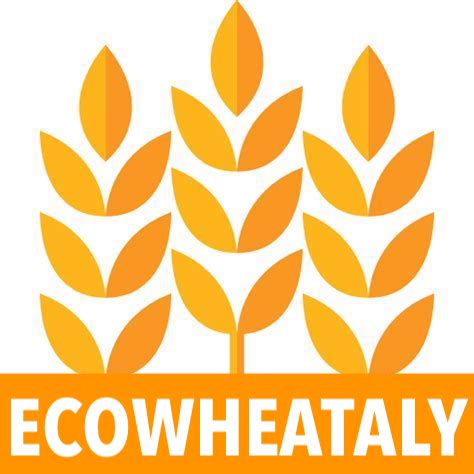From FADN to RISA: how agricultural data are changing in the new era of sustainability
Within the EcoWheataly project, data are not just a scientific support tool — they are the structural foundation that allows researchers to analyze the past, interpret the present, and simulate the future of wheat production in Italy.At the center of this work lies the RICA database, the Italian branch of the EU Farm Accountancy Data …
Read more “From FADN to RISA: how agricultural data are changing in the new era of sustainability”

